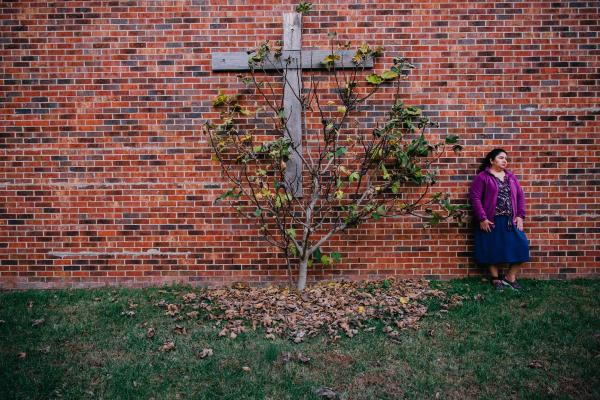Apr 9, 2019
In May 2017, Juana Luz Tobar Ortega took sanctuary at St. Barnabas Episcopal Church in Greensboro, N.C. Originally from Guatemala, she had received a deportation sentence that would have separated her from her husband, four children, and two grandchildren, after living and working in the United States for over 20 years. Juana’s story, which is one among many harrowing stories of families harmed by aggressive immigration policies under the Trump administration, is now the subject of a documentary film.
Read the Full Article

Already a subscriber? Login
